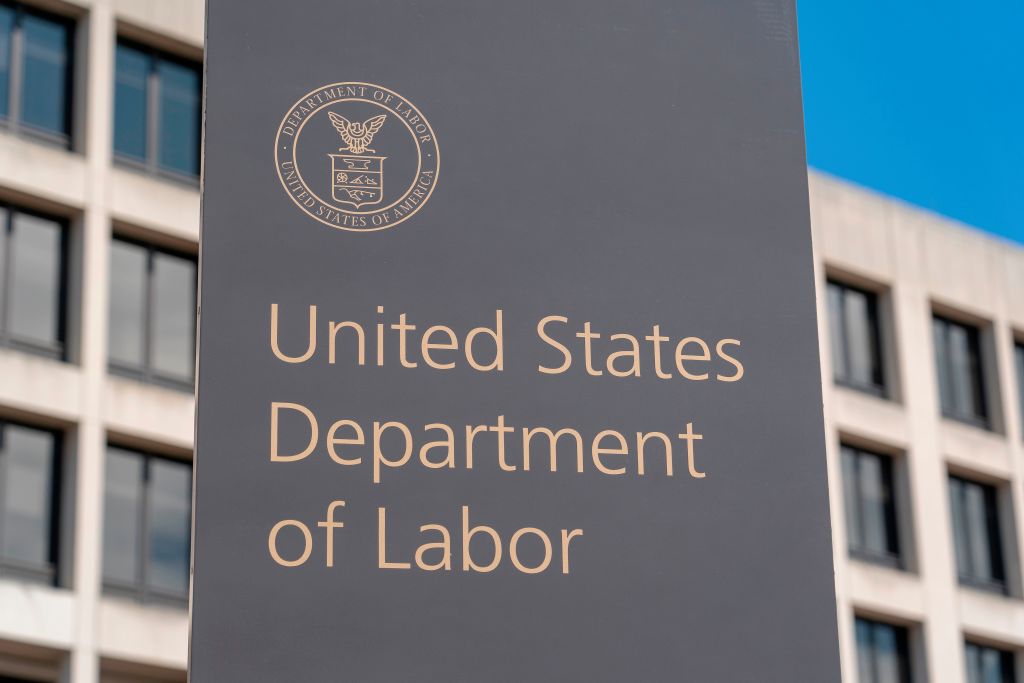Economists explain why May unemployment definitely declined despite error


A free daily email with the biggest news stories of the day – and the best features from TheWeek.com
You are now subscribed
Your newsletter sign-up was successful
The consensus among economists was that unemployment would rise in May, potentially coming in at around at 20 percent because of the coronavirus pandemic. So when the Bureau of Labor Statistics reported that a slew of job gains meant unemployment actually dropped from 14.7 percent to 13.3 percent, some people were either left scratching their heads, or, as The Washington Post reports, wondering whether the Trump administration tinkered with the data to give the White House an economic win.
But many experts, including the former top economist for former President Barack Obama, jumped in to explain why that "100 percent" isn't the case. The BLS did indeed acknowledge a "misclassification error" in the report — people who should've been classified as "temporarily unemployed" were instead classified as employed but "absent" from work. Without the mix-up, May's real unemployment figure likely would've been about 3 percentage points higher. But it turns out it's the result of dealing with challenging amounts of data, rather than book cooking.
The bureau has apparently been dealing with the issue for months, which means April's unemployment was also higher than the official figures. So much so, that it makes May's improvement more dramatic.
The Week
Escape your echo chamber. Get the facts behind the news, plus analysis from multiple perspectives.

Sign up for The Week's Free Newsletters
From our morning news briefing to a weekly Good News Newsletter, get the best of The Week delivered directly to your inbox.
From our morning news briefing to a weekly Good News Newsletter, get the best of The Week delivered directly to your inbox.
Those with a glass half-full perspective will focus on the fact that unemployment declined in May; the half-empty crowd on the fact the numbers remain historically high. The misclassification doesn't change either stance.
A free daily email with the biggest news stories of the day – and the best features from TheWeek.com
Tim is a staff writer at The Week and has contributed to Bedford and Bowery and The New York Transatlantic. He is a graduate of Occidental College and NYU's journalism school. Tim enjoys writing about baseball, Europe, and extinct megafauna. He lives in New York City.
